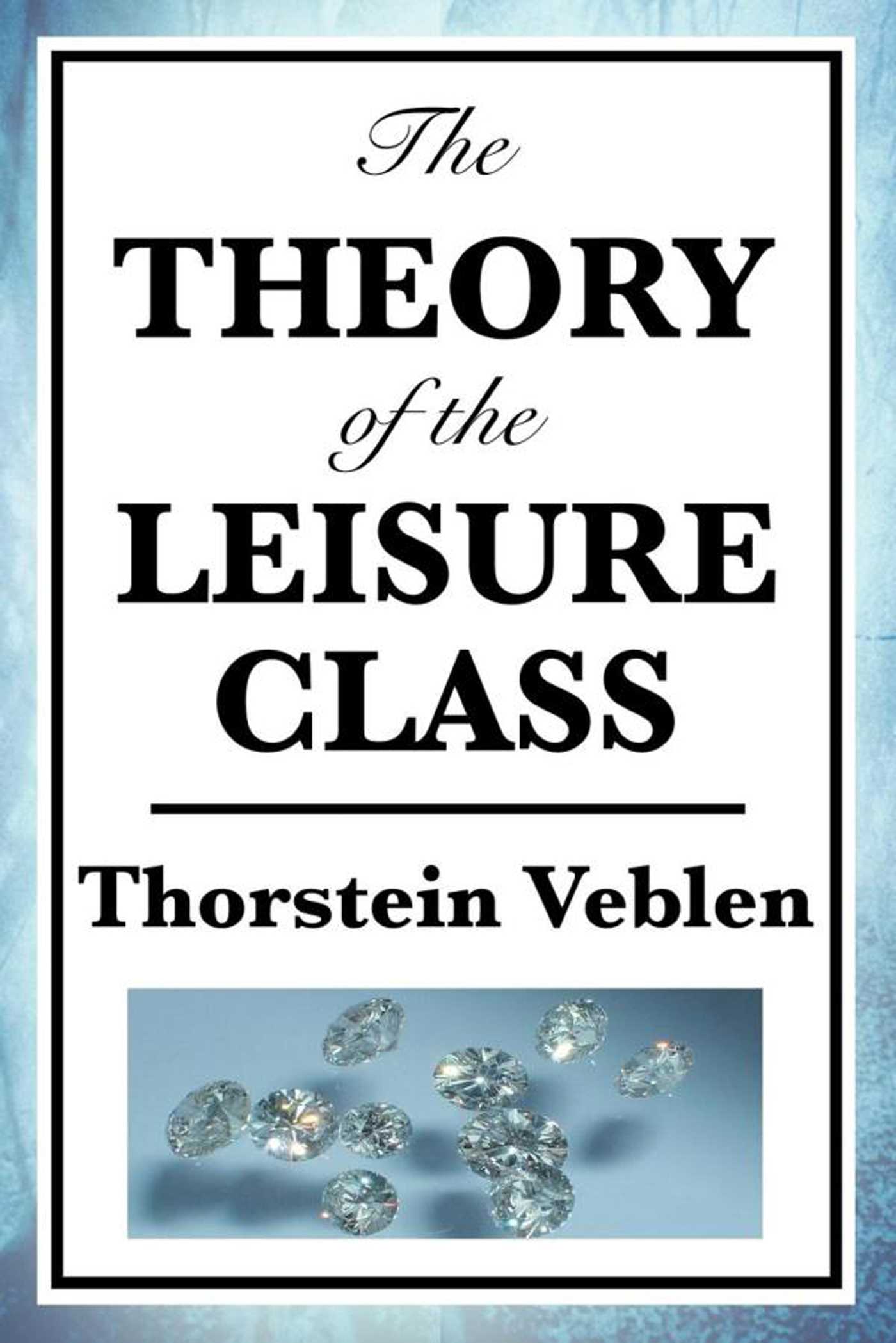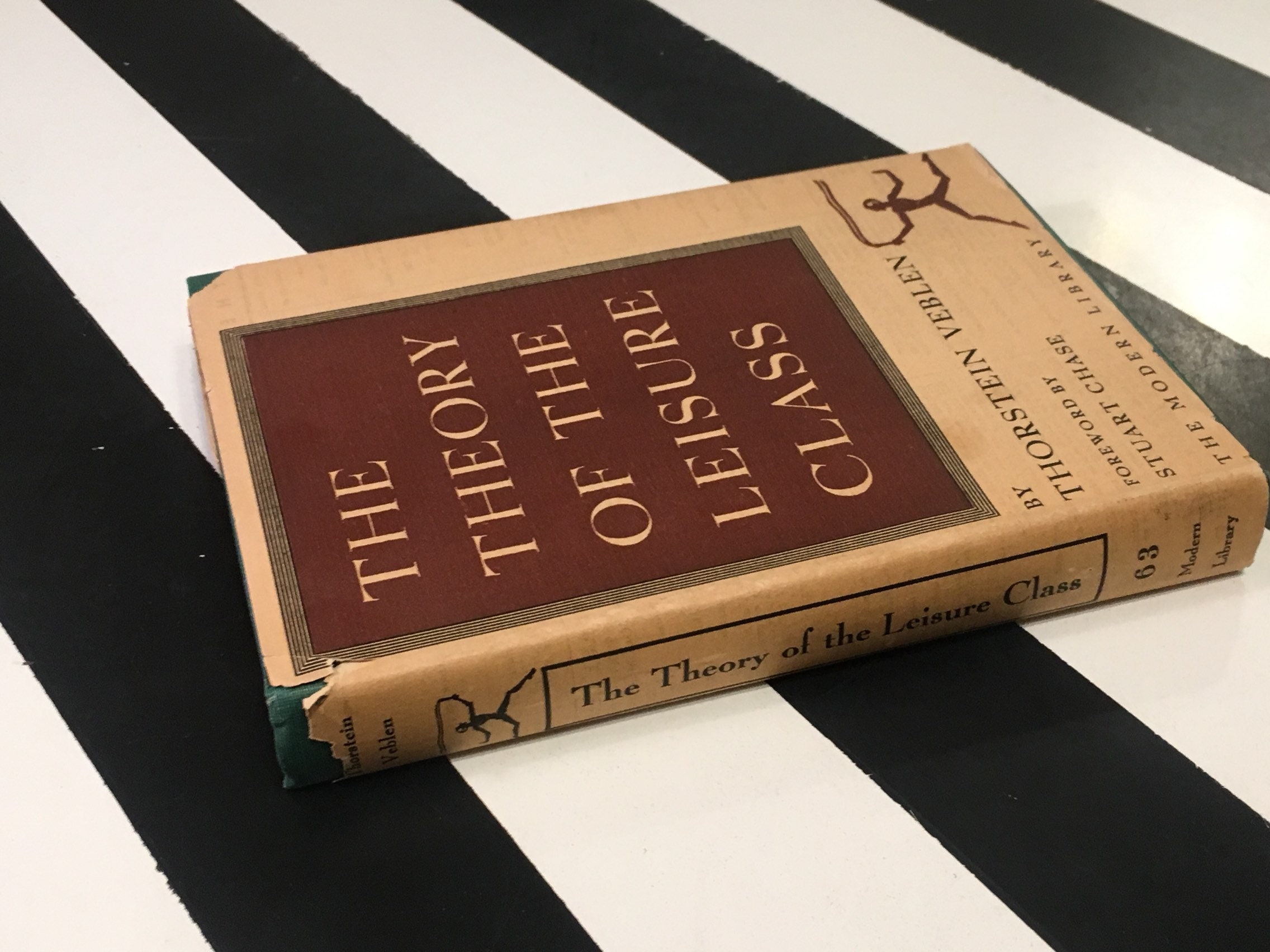

A general gets invited to the ball, whereas a rich merchant does not. The key, as Veblen points out, is that for people of the Leisure Class, the essence of their livelihood is tied not to work, but to exploit. Perhaps the most widely known and resilient of his concepts, this is what Veblen coined as "conspicuous consumption."

The best the working rich can hope to do is to emulate the Leisure Class by spending their wealth on unnecessary, but highly visual, emblems of success in hopes of being mistaken for members of the Leisure Class. By Veblen's standard, a British foreign officer who makes next to nothing but is in command of a small chunk of India is a member of the Leisure Class, whereas a millionaire who spends all day answering phone calls and checking in on his chain of carpet stores is not. Instead, the people who command the highest echelons of respect in society are those who destroy the most (military leaders and war heroes), work the least (the genteel nobility) and rule by fiat and command (royalty, emperors and dictators).įrom this disparity, Veblen concluded that great wealth is not the goal of human activity, but rather what people aspire to, both in their economic activities and in life, is to be a part of "The Leisure Class." It's important to note that the term Leisure Class does not necessarily apply to the very rich, nor necessarily the very idle, but rather to those whose livelihood is as far removed from mundane labor as possible. Thinking purely from a goal of human prosperity, the people whom should be the most admired in human society are those who build the most, work the hardest and prosper through active trade and investment. labor, investment, trade and construction), human society seems to value other activities, most of which are downright inimical to these values (i.e.

It must have seemed odd to an economist of the early 20th century, at least one capable of transcending the views of his times, that while economics and human prosperity values certain activities (i.e. She also sheds light on his critique of the plight of women and his evolutionary arguments as they relate to modern society.Ī dry and difficult read as one must hack one's way through the arcane language and outmoded concepts, but once one does, one discovers a truly interesting approach to economics. Martha Banta's introduction illuminates Veblen's uncompromising arguments as it highlights the literary force of Veblen's writing and its influence on later American writers such as Edith Wharton, Henry James, Dos Passos, and F. The targets of Veblen's coruscating satire are as evident today as they were a century ago, and his book still has the power to shock and enlighten. Indeed, Veblen's critique covers all aspects of modern life from dress, class, the position of women, home decoration, industry, business, and sport, to religion, scholarship, and education.

Fashion, beauty, animals, sports, the home, the clergy, scholars-all are assessed for their true usefulness and found wanting. Veblen's analysis of the evolutionary process sees greed as the overriding motive in the modern economy, and with an impartial gaze he examines the human cost paid when social institutions exploit the consumption of unessential goods for the sake of personal profit. In his scathing The Theory of the Leisure Class, Thorstein Veblen produced a landmark study of affluent American society that exposes, with brilliant ruthlessness, the habits of production and waste that link invidious business tactics and barbaric social behavior.


 0 kommentar(er)
0 kommentar(er)
